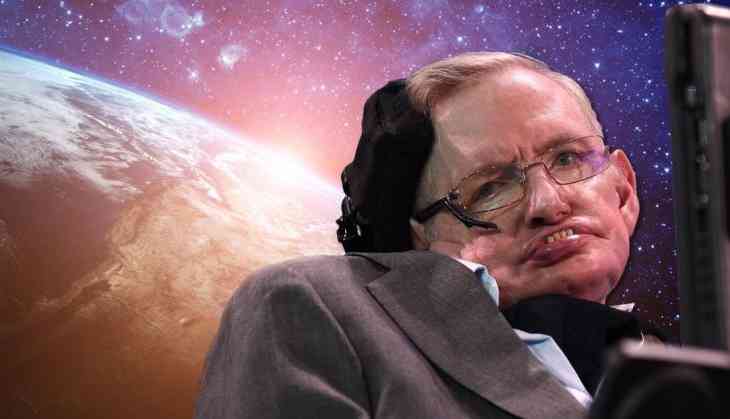
THE PAPER COULD HAVE EARNED HAWKING A NOBEL PRIZE, SAYS HIS CO-AUTHOR
A theory explaining how we might detect parallel universes and a prediction for the end of the world was completed by Stephen Hawking shortly before he died, it has emerged.
The renowned theoretical physicist was working right up until his death last week on his final work – A Smooth Exit from Eternal Inflation – which is currently being reviewed by a leading scientific journal. In it he predicted that the universe would eventually end when stars run out of energy.
But Hawking also theorised in his final work that scientists could find alternate universes using probes on space ships, allowing humans to form an even better understanding of our own universe, what else is out there and our place in the cosmos.
The physicist’s final work was published alongside his co-author, Professor Thomas Hertog, of KU Leuven University in Belgium.
“He has often been nominated for the Nobel and should have won it. Now he never can,” Prof Hertog told The Sunday Times, arguing that Hawking could have won that prize for his work on this final paper.
He “would have won a Nobel Prize”, Prof Hertog said.
Hawking died last Wednesday in Cambridge at the age of 76, having suffered from a rare form of motor neurone disease since 1964 that left him in a wheelchair with very little muscular mobility.


